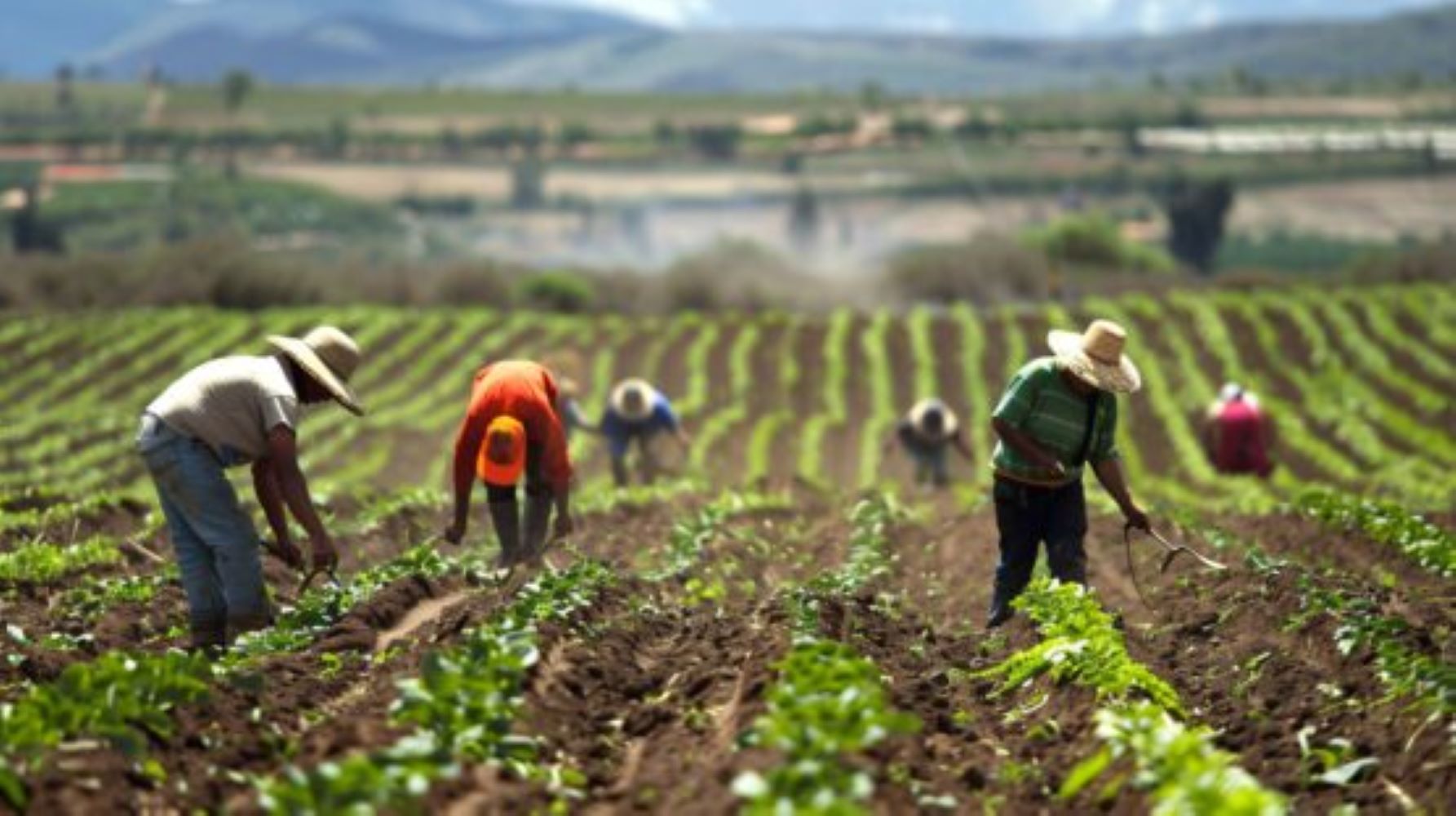Commission recommends 1.5% plus inflation increase.
More than two thirds of employer organisations responded negatively when asked if they were in favour of increasing the national minimum wage, according to a notice published in the Government Gazette on Wednesday.
The National Minimum Wage Commission, which reviews the country’s minimum wage annually, proposes a 1.5% increase plus the rate of the consumer price index (CPI).
The current minimum wage is R27.58 per hour, which, based on the November CPI of 2.9%, could mean the minimum wage for 2025 could be approximately R28.50.
The final amount will depend on the inflation rate six weeks before the implementation date of the new wage, which is on 1 March 2025.
ALSO READ: National Minimum Wage Commission calling for comments on possible rate adjustments
Only 22% say ‘yes’
The minimum wage recommendation gazetted on Wednesday follows a notice published in August by the commission chair, Professor Imraan Valodia, inviting written presentations from the public.
The August notice also contained a survey to gauge support for increasing the minimum wage. Out of 660 responses, 22% were in favour of an increase, while 67% opposed it. Seventy-six respondents did not indicate their preference.
Forty-two organisations, 30 employer organisations, four trade unions and eight “interested parties” submitted submissions to the commission.
The national minimum wage was ratified in 2018, but “considerable wage differentials persist” in the South African labour market, the commission notes.
Setting wage targets to a particular percentage of the median would ensure that the gap between the set minimum wage and the median wage reduces.
“It ensures that a desired level of the minimum wage is gradually reached and also helps in the reduction of inequality and poverty.”
For example, from the beginning of 2019 to the second quarter of 2024, the national minimum wage increased by a cumulative 38%, while the median hourly wage increased by a cumulative 25%, the commission notes.
ALSO READ: This is the new national minimum wage from 1 March
‘Not enough’
Opponents of the national minimum wage include organisations that advocate for a living wage as opposed to a minimum wage, while several employers and employer organisations argue that a national minimum wage is not conducive to employment creation and may, in fact, cause job losses.
According to the Pietermaritzburg Economic Justice & Dignity Group (PMBEJD), the minimum wage is, for example, insufficient for a nutritional diet.
“The national minimum wage is R27.58 an hour and R220.64 for an 8-hour day. In November 2024, with 21 working days, the maximum wage for a general worker is R4 633.44. The wage workers earn is not just to sustain themselves alone, it is often used to support the entire family.”
The PMBEJD’s Household Affordability Index for November 2024 shows that the average cost of a basic nutritional food basket for a family of four is R3 791.26.
Electricity and transport costs take up 58.8% of a worker’s wage, and food is bought “after transport and electricity have been paid for or set aside”.
“This means that workers are unable to afford nutritious food for their families,” the group argues.
ALSO READ: ‘Not everyone is happy with new National Minimum Wage’
Employer concerns
Several of the submissions the commission received from employer organisations cited concerns that increasing the minimum wage will increase unemployment, as companies and employers will find it unaffordable.
Employers in the agricultural space were of the view that the national minimum wage does not consider in-house benefits and that there is the perception that it makes it difficult for unskilled workers to penetrate the job market.
Employers with domestic workers argued that the minimum wage increase could make it unaffordable to permanently employ a domestic worker, requiring either a reduction in working hours or the use of contract labour, which could ultimately lead to further retrenchments in the sector.
ALSO READ: National minimum wage: Can you survive on less than R5k per month?
Recommendations
Some employer organisations recommended that the commission explore the possibility of exemptions from the national minimum wage. This would make it easier for employers to hire young workers at lower entry-level wages with a “pathway” to full compliance with the national minimum wage as they gain experience.
Another recommendation was that the increases to the national minimum wage should be “curtailed” until the unemployment rate in South Africa falls to “acceptable levels – below 10%”.
Meanwhile, trade union federation Cosatu welcomes the commission’s recommendation for the 2025 minimum wage increase.
In a statement issued on Wednesday, Cosatu spokesperson Matthew Parks says although Cosatu tabled a “slightly higher proposal [for an increase] to the commission”, it is pleased that its demand for an increase above inflation has prevailed.
“This increase will inject badly needed stimulus into the economy, spurring growth [and] sustain and create badly needed jobs.”
According to Stats SA, approximately 5.4 million workers in South Africa are covered by the minimum wage.
These are typically employees in trade and industry (20%), communication service providers (19%), finance (15%), private households (13%), and agriculture (11%).
Altogether, 82% of these workers are employed in the formal sector and 18% in the informal sector.
This article was republished from Moneyweb. Read the original here.
